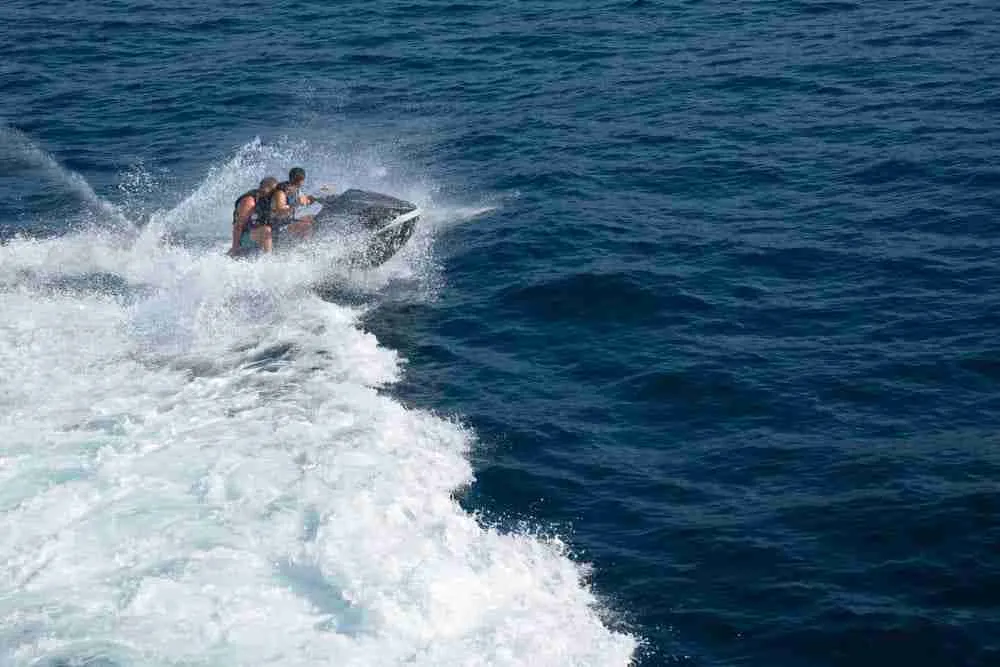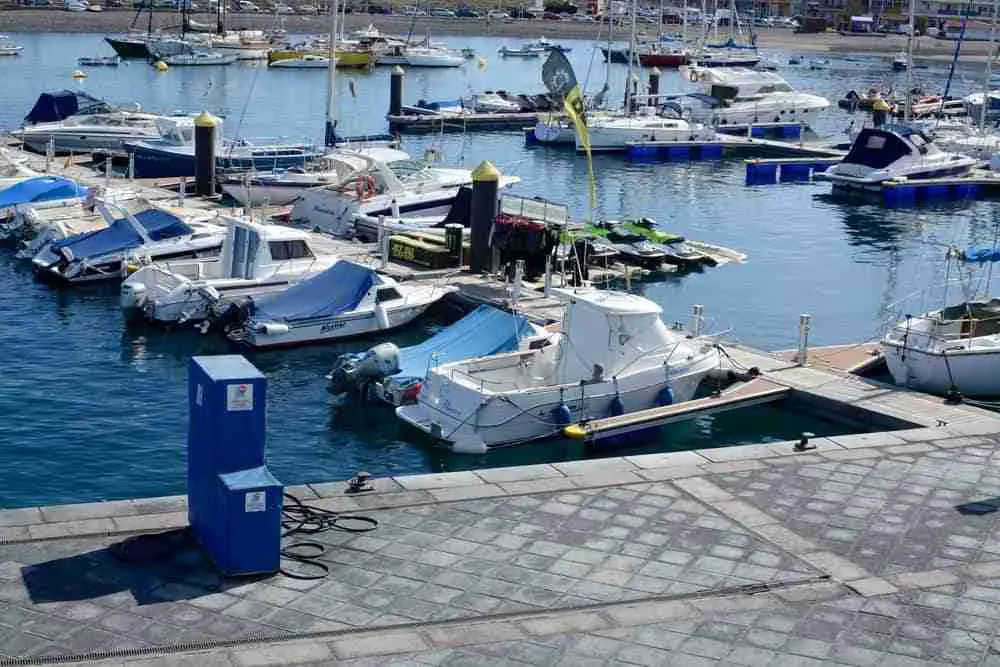Have you ever wondered if you should be refuelling with premium fuel or just normal fuel? Well, after spending several hours through looking the responses inside a large jet ski riding community, I was able to draw some findings which didn’t surprise me that much.
It’s best for the longevity and performance of a jet ski engine to be running on premium fuels such as 95 and 98 octanes. Yamaha, SeaDoo and Kawasaki have all designed their jet skis as performance-orientated machines. Further still, their user manuals often clearly state the requirements for premium fuels to keep their warranty valid.

As I recently found out, the overwhelming majority of jet ski owners do stay away from 91 octane and below.
Choosing The Right Fuel for the Tank
Certainly, the first time you go to fuel up your jet ski at the gas station, you’ll be wondering what you should do. You might be sold on the idea of premium fuel, but unsure if you should choose 95 of 98.
Truth be told that both are excellent, but 98 is certainly a better choice. Yes, your jet ski doesn’t NEED it but it will run cleaner with it with a potential increase on performance in both acceleration and top speed, though such improvements will be barely noticeable.
Not only is choosing to go with premium fuel options important for cleaner burning and performance, but it can stop your jet ski from premature engine failure. The lifecycle of PWCs is sadly quite short (100 hours is considered ‘rich’) and this is due to the constant aggressiveness of the engine.
It’s not just the main fuel tank but any auxiliary fuel you’re carrying too that should be premium.
Is The Gas Station Brand Important?
Well, that depends on how much you value your jet ski. I generally stay away from the no-name gas stations around me as I’ll never be too sure where they get their petrol from.
In other words, I don’t go for the cheapest price in town. As it costs a lot of money to buy a jet ski outright, it can also cost a lot to repair or replaced a seized engine.
This is why I’ll go with trusted brands like BP, Shell and Mobil as it’s unlikely that I’ll get a bad batch of gas in my tank. That said – I know of some people that this *has* happened to recently which was worrying when you’re 5 nautical miles offshore.
What Happens If I Run 91 Octane?
To be honest, I’m not sure as I’m not excited enough to try this out. 91 Octane might be alright for the rental businesses as their riders generally aren’t hitting the redline, but not ideal for jet ski owners.
I imagine the engine would have a slightly harder time getting up to speed and would somewhat run a little weird. You might even hear this when you’re idling at the dock or boat ramp.
While your jet ski won’t blow up in the first hour of running 91 octane, prolonged use could cause a premature retirement for your machine. I’d take it if that’s all which is available, but remember that you could be voiding your warranty by using lower grade fuels.
In Summary
For the few extra cents that it costs, you get the peace of mind that you’re looking after your engine. The last thing you want is your engine to be running strangely as it’s a sure-fire way to spoil your day out there on the water!
Just about everyone runs premium.



![29 Best Jet Ski Accessories [#17 is Awesome]](https://www.jetskiadvice.com/wp-content/uploads/2020/05/Jet-Ski-Accessories-300x200.jpg)
![7 Best Jet Ski Life Jackets That Fit Well [2022 Guide]](https://www.jetskiadvice.com/wp-content/uploads/2020/05/Jet-Ski-Life-Jacket-GUide-300x200.jpg)




